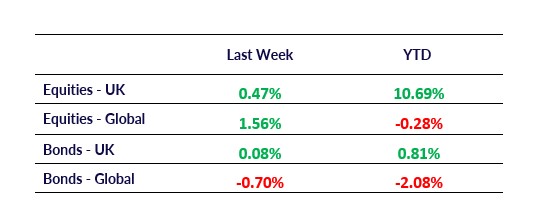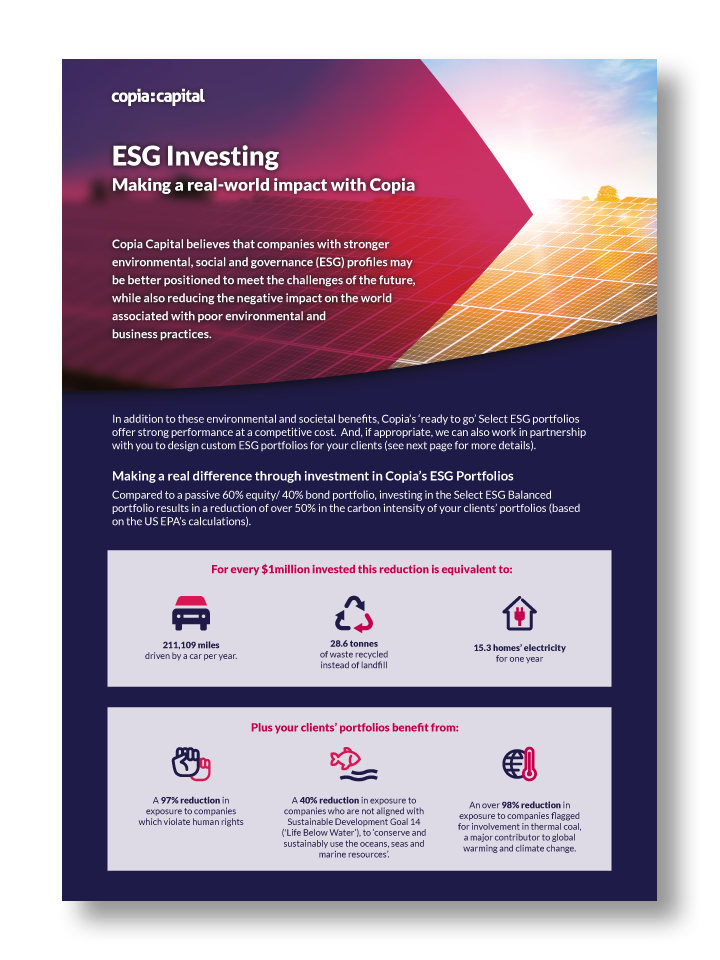The infoshot to help kick-start your week
Record highs for US markets amid suggestions tariff deadline could be extended
The S&P closed at a record high of 6,173 on Friday, taking its jump since the fall on “Liberation Day” to around 24%. The Nasdaq also set an all-time high.
The good week was influenced by the easing of tensions with Iran, trade deal progress with China, and comments from Treasury Secretary Scott Bessant that suggested the administration could push back its 9 July tariff deadline, saying in an interview on Fox that the US “could have trade wrapped up by Labor Day [1 September 2025].”
Stocks did come down slightly on Friday following Trump’s vow to implement an additional tariff on Canada in response to their new digital services tax. As I write this morning, Canada has scrapped the tax just hours before it was due to start so the two countries can restart their trade talks.
In New York, Zohran Mamdani was elected to represent the Democrats in November’s mayoral election. The young socialist represents a very different possible path forward for the Democrats. Trump has threatened that he will stop federal funding in the city if Mamdani doesn’t “do the right thing” and reengage on his commitment to raise taxes on the wealthiest New Yorkers. Mamdani has also pledged to introduce rent caps, free bus travel and extra childcare support for New Yorkers. More than $100bn of federal government money went through New York last year.
NATO summit sees increase in defence spending
At a meeting in the Hague on Thursday, as expected, NATO members agreed to increase defence spending to 5% of GDP by 2035. 3.5% will go into core military spending. The rest will be spent on infrastructure, intelligence and cyber security.
Here in the UK, the extra spending equates to a real-terms increase of £30bn from 2027.
Shares in defence stocks rose on the news, with British warship maker Babcock finishing up more than 10%.
UK to spend £500mn on quantum computing as rebels force welfare cut amendments
The UK government has pledged to spend £500mn on quantum computing over the next four years. The new funding package aims to advance quantum infrastructure and accelerate commercial uses in sectors like healthcare and defence.
Quantum computing uses the principles of quantum mechanics and qubits, to solve complex problems significantly faster than standard computers. It’s hoped that quantum computing will be able to solve complex problems that would take current super computers thousands of years to solve. In the US, IBM, Microsoft and Amazon have all made progress in the race to develop working quantum systems. Back in February, research by Oxford Economics estimated that quantum computing could give the UK economy a productivity boost of 7% by 2045, adding £212bn to UK GDP if commercial uses of quantum computing start by 2035.
In parliament, Rachel Reeve’s plans to cut the welfare budget by £5bn were met with a serious rebellion from more than 120 Labour MPs. The government will release more details about the proposed concessions it’s had to make to appease the rebels but it’s likely the amendments will see the reforms now only save around £2bn by 2030.

Coming Up:
- UK GDP, Monday 30 June 2025 at 07:00apm
- Fed Chair speaks, Tuesday 1 July 2025 at 14:30pm
- US unemployment rate, Thursday 3 July 2025 at 13:30pm
Notice:
For regulated financial advisers and investment professionals only, Copia does not provide financial advice, and the contents of this document should not be taken as such. The performance of each asset class is represented by certain Exchange Traded Funds available to UK investors and expressed in GBP terms selected by Copia Capital Management to represent that asset class, as reported at previous Thursday 4:30pm UK close. Reference to a particular asset class does not represent a recommendation to seek exposure to that asset class. This information is included for comparison purposes for the period stated but is not an indicator of potential maximum loss for other periods or in the future.




